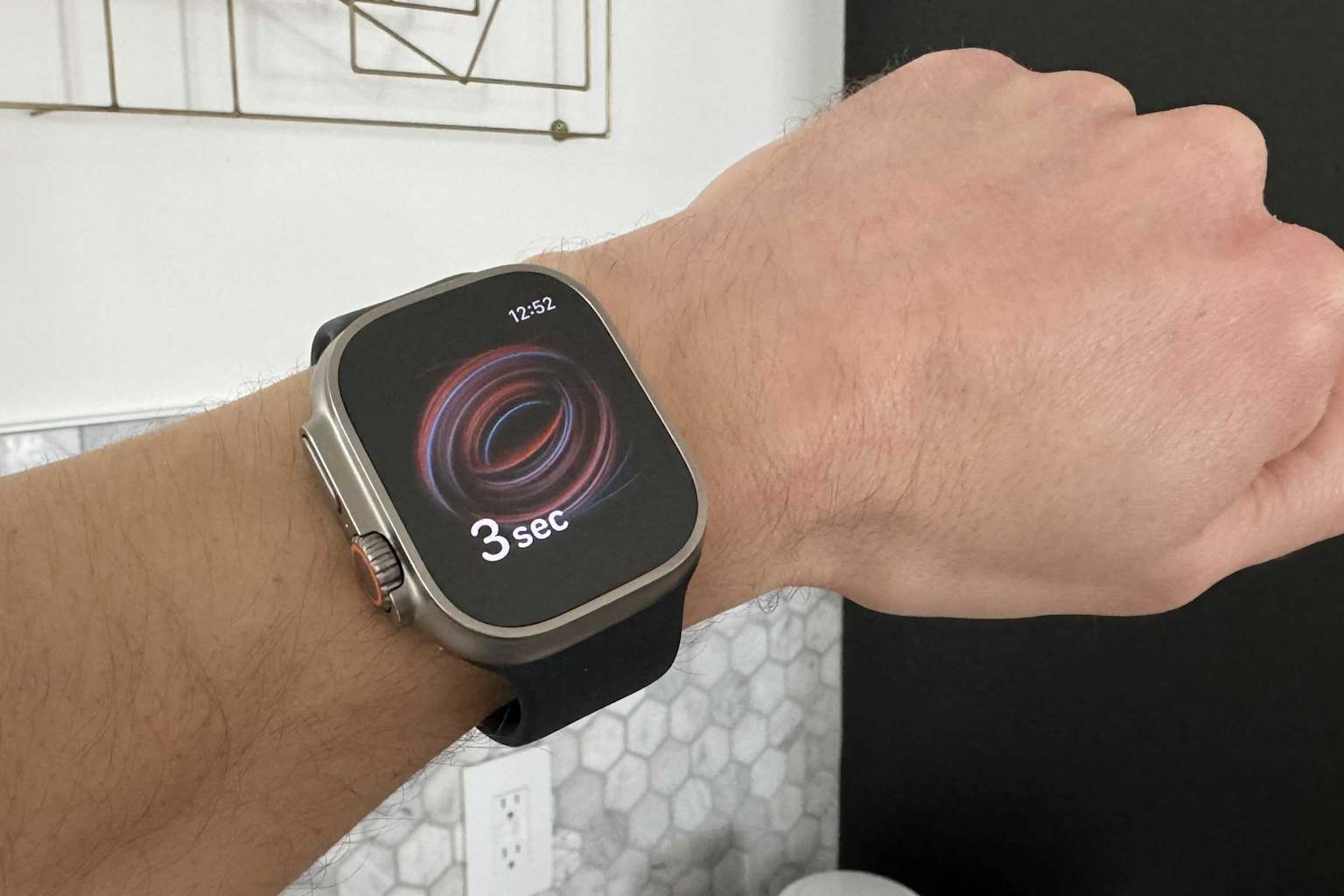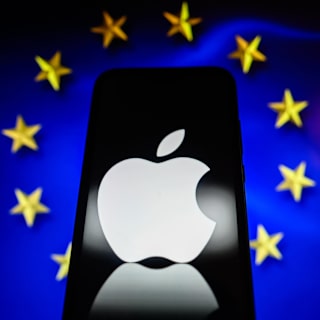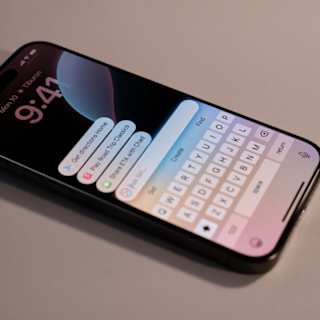- Apple Questions ITC's Authority
- Masimo Defends Victory
- Long Legal Battle
Apple Inc. appeared before a federal appeals court Monday to challenge a trade tribunal's decision that forced the company to remove blood-oxygen monitoring features from its smartwatches, marking the latest chapter in a patent dispute that has disrupted the tech giant's wearables business for nearly two years.
The company argued before the U.S. Court of Appeals for the Federal Circuit that the International Trade Commission exceeded its authority when it banned imports of Apple Watches with blood-oxygen sensors in late 2023, following a complaint from medical technology firm Masimo Corp.

Apple's legal team contended that the ITC should not have considered Masimo's complaint because the company lacked a competing commercial product using the disputed technology when it filed its case. "There was no commercial product on the market" at the time of Masimo's filing, Apple attorney Joe argued during oral arguments1.
The Cupertino-based company has asked the Federal Circuit to overturn the exclusion order that Bloomberg Law reported forced Apple to eliminate the blood-oxygen feature from its Series 9 and Ultra 2 models1. Apple and Masimo sparred over the import ban's validity during Monday's hearing, according to Trading View2.
Masimo, the Irvine, California-based health technology company, has maintained that Apple infringed its pulse oximetry patents covering light-based technology for reading blood-oxygen levels. The company's legal representatives from Knobbe Martens obtained the import ban after the Federal Circuit lifted a temporary stay in early 20241.
Masimo CEO Joe Kiani previously stated the ITC decision "sends a powerful message that even the world's largest company is not above the law"2.
The dispute began in 2021 when Masimo accused Apple of stealing its technology and incorporating it into Apple Watch models starting with the Series 6 in 20201. The ITC issued its initial exclusion order in October 2023, which the Biden administration declined to veto in December 20232.
U.S. Trade Representative Katherine Tai's office confirmed the administration would not reverse the ITC's determination, allowing the ban to take effect on December 26, 20232. Apple temporarily resumed sales after obtaining a brief court stay but was forced to disable the blood-oxygen feature to comply with the ruling3.
The company has shifted some Apple Watch production from China to Vietnam since the dispute began1. Apple's wearables business, which includes the Apple Watch and AirPods, generated $8.28 billion in revenue during the third quarter of 20231.
The case represents a rare instance where a smaller company has successfully challenged Apple's product features through patent enforcement, with the tech giant now seeking to overturn a decision that has required it to modify a key health monitoring capability.



